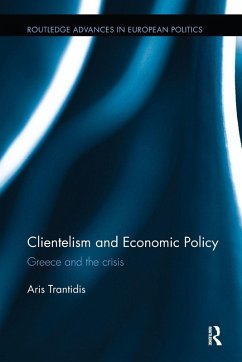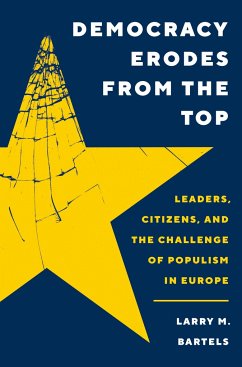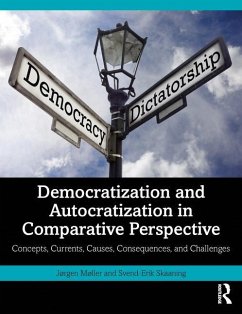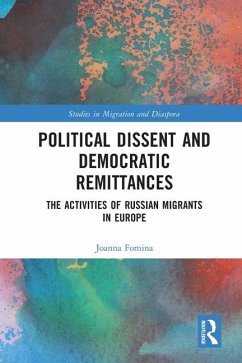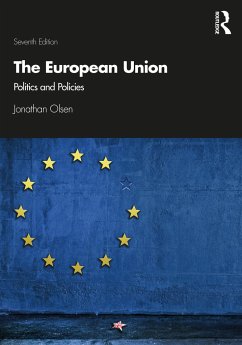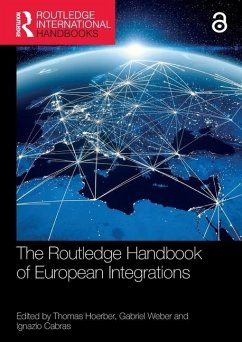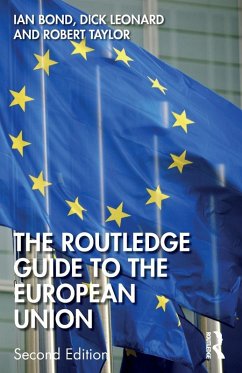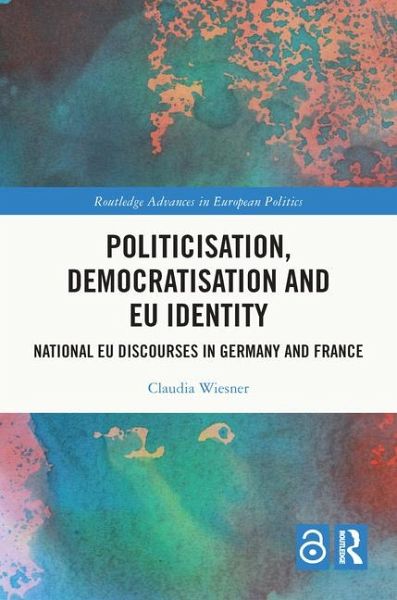
Politicisation, Democratisation and EU Identity
National EU Discourses in Germany and France
Versandkostenfrei!
Versandfertig in 6-10 Tagen
154,99 €
inkl. MwSt.
Weitere Ausgaben:

PAYBACK Punkte
77 °P sammeln!
What is it that unites the European Union as a polity? Why is it necessary to democratise the EU? Can EU politicisation help democratising the EU? Why do EU citizens in referenda seemingly vote against the EU? And how can a European identity develop? To tackle these questions, this book makes a theoretical, conceptual and empirical contribution to the study of EU politicisation, democratisation, identity formation, and the ways these three are related to one another. The results of a thorough comparative analysis of two prototypical cases, namely French and German national EU discourses and in...
What is it that unites the European Union as a polity? Why is it necessary to democratise the EU? Can EU politicisation help democratising the EU? Why do EU citizens in referenda seemingly vote against the EU? And how can a European identity develop? To tackle these questions, this book makes a theoretical, conceptual and empirical contribution to the study of EU politicisation, democratisation, identity formation, and the ways these three are related to one another. The results of a thorough comparative analysis of two prototypical cases, namely French and German national EU discourses and in particular the discourses on the Treaty on a Constitution for Europe (TCE) in 2005, are discussed in relation to more current events such as Brexit and the French elections of 2022. The book thus develops key concepts and theoretical models and delivers profound findings on EU democratisation, identity, politicisation and contestation and their interrelations.
This book will be of key interest to scholars and students of European Union studies/politics, democratic theory, discourse analysis and more broadly to comparative politics.
The Open Access version of this book, available at http://www.taylorfrancis.com, has been made available under a Creative Commons [Attribution-Non Commercial-No Derivatives (CC-BY-NC-ND)] 4.0 license.
This book will be of key interest to scholars and students of European Union studies/politics, democratic theory, discourse analysis and more broadly to comparative politics.
The Open Access version of this book, available at http://www.taylorfrancis.com, has been made available under a Creative Commons [Attribution-Non Commercial-No Derivatives (CC-BY-NC-ND)] 4.0 license.





